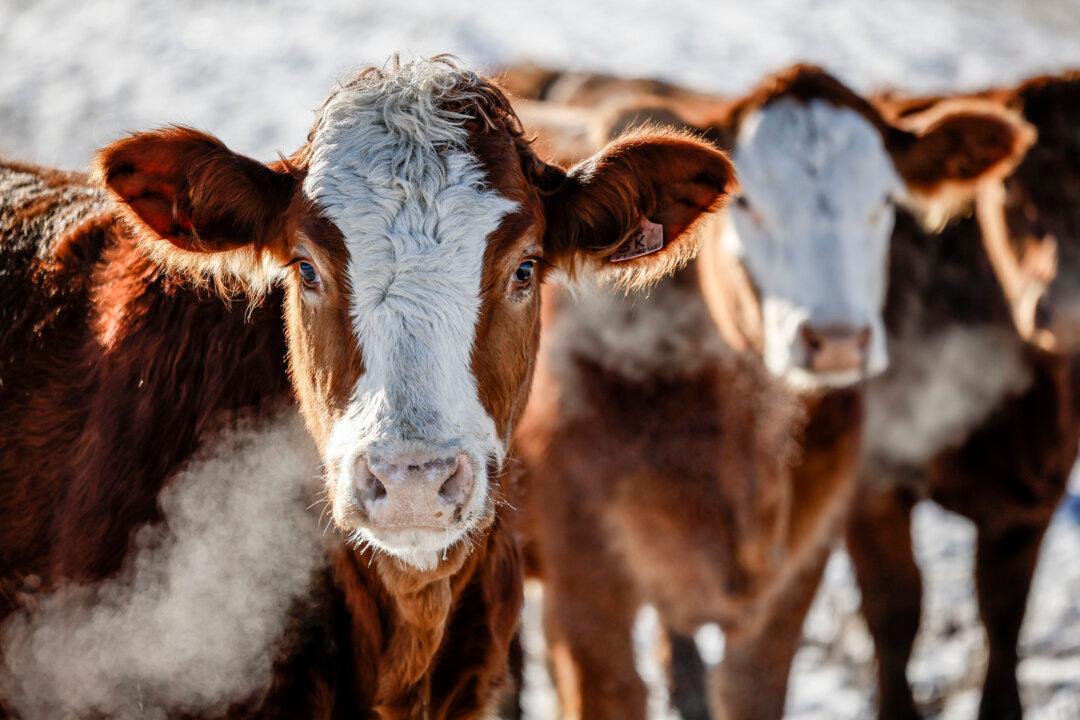Farmers presented arguments for and against a Bloc Québécois supply management bill at a Senate meeting last week while a deadline set by the Bloc for the Liberal government to declare its position on the bill approaches.
In exchange for backing the Liberals in non-confidence votes, the Bloc has set an Oct. 29 deadline for passing Bill C-282 into law. The bill passed the Commons in June 2023 and completed second reading in the Senate in April this year. It has been in Senate committee consideration since then.





